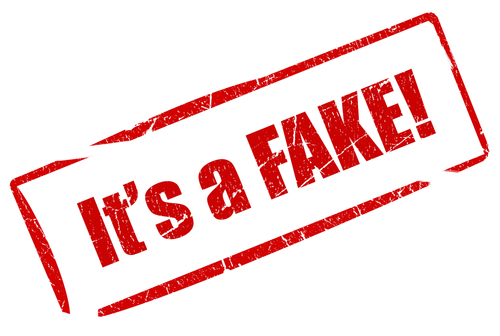EUTM Invoice Scams: German Courts deliver judgement against fraudsters
24th October 2024

A recent report commissioned by the European Union Intellectual Property Office (EUIPO) estimates that counterfeiting across the below mentioned four sectors, causes annual losses to the Irish economy of €406 million, broken down as follows:
| Sector | Estimated Costs |
| Pharmaceuticals | €223 million
|
| Cosmetics & personal care | €131
|
| Wines & spirits | €40
|
| Toys & games | €12
|
With improvements in technology and the explosion of online shopping and social media platforms in recent years, it is now easier than ever for counterfeiters to manufacture and sell fake products. Traditionally, many sellers of such items peddled their wares from a city centre market stall, but nowadays this can be done from the comfort of their own home. Irish newspaper headlines frequently mention the authorities uncovering Aladdin’s caves of fake goods in inconspicuous residential properties.
In its report entitled 2020 Status Report on IP Infringement (published in June 2020) the EUIPO estimated that across the EU as a whole, governments are losing €19 billion per year due to counterfeit goods.
Given the damage that counterfeit goods can do to a company’s brand, it is imperative that brand owners monitor social media platforms and online marketplaces for infringing goods and that they actively assist Irish and EU authorities when seizures of counterfeit goods are made.

Aside from the financial damage caused by counterfeit goods to brand owners in the above sectors, there is also a health and safety risk to the public associated with such goods. Ingesting knockoff pharmaceuticals and alcohol can be lethal and counterfeit cosmetics can also pose a danger in that they often contain toxic chemicals that should not be present. Even counterfeit toys and games can be seriously unsafe as they may pose a choking hazard for children or contain dangerous chemicals such as phthalates, which are damaging to the reproductive system and internal organs.
If you are a brand owner, it is vital that you maintain an adequate IP portfolio so that your rights are protected. It is extremely important that you register your brand as a trade mark in whatever countries you are manufacturing or selling your goods in. This is because registered trade marks are far easier to enforce than unregistered trade marks. If you are worried about counterfeit goods making their way into Ireland, you should consider asking customs to detain products that they suspect of infringing your intellectual property rights. This is done by putting an “application for action” in place.
Being vigilant and having the proper safeguards in place will help you to minimise potential losses against identity theft of your brand. If you would like to discuss registering your brand as a trade mark, putting an application for action into place with customs or any other IP issues, please do not hesitate to get in touch with us here at FRKelly.